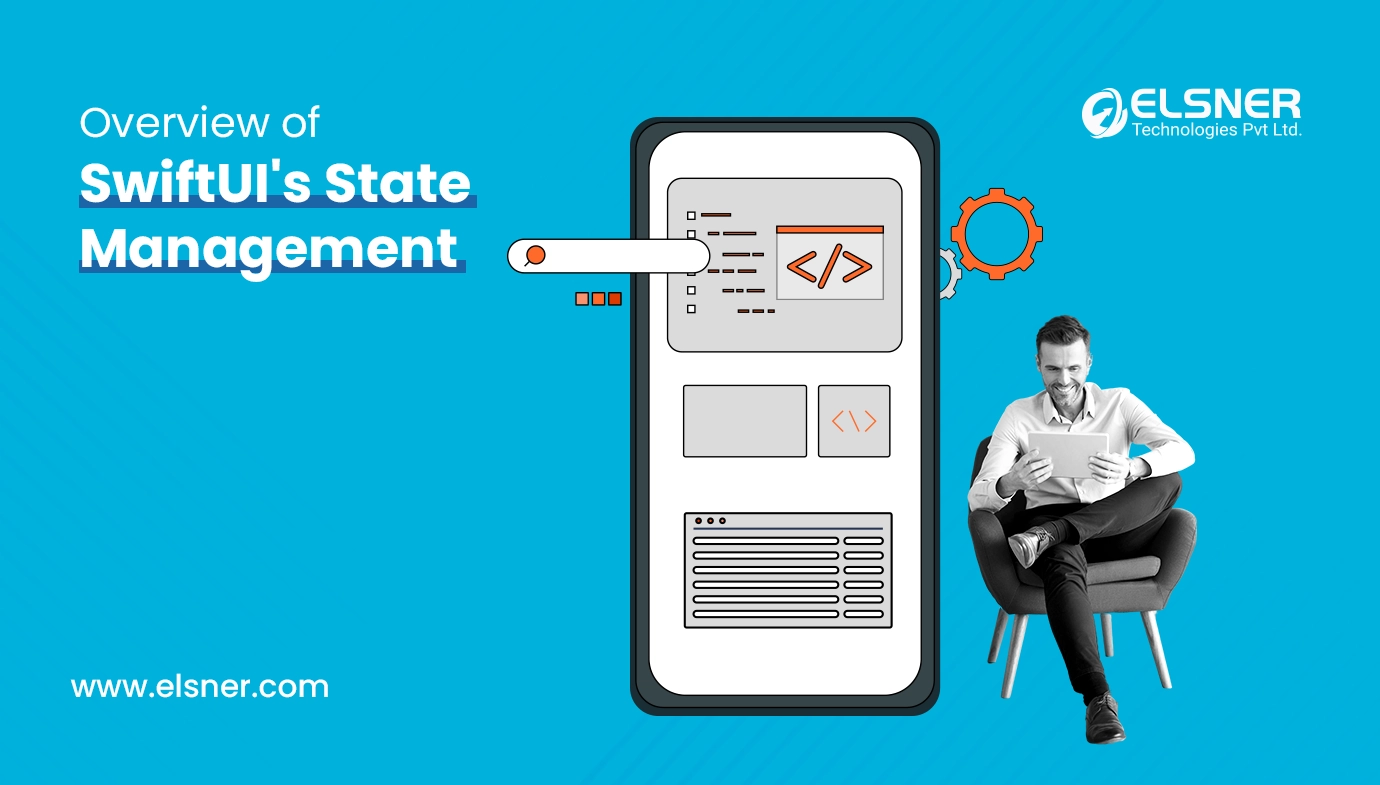In past few years, the Mobile App Development industry was just confined to building up an application independently for iOS and Android, however, tables have turned now, 100%.Today, putting resources into a versatile application development organization that exceeds expectations in building up a solitary application that would chip away at both Android and iPhone, on one codebase, has turned into the in vogue business plan.
A manual for Cross-platform application development a.ka. ‘The Trend’ moved toward becoming standard when Facebook propelled and advanced its cross-platform application development structure got back to React Native in 2015.
As far back as at that point, organizations – to benefit the cost and development benefits that React Native brought to the table – had been moving to the structure in the wake of finding a gazing at-benefit solution to the inquiry ‘Is React Native the Right Platform for Your Next App?’.
What’s more, in this way, without an ounce of uncertainty, React Native got famous and the best shots like LinkedIn, Instagram, Walmart, and so on moved to the platform.
A fame that got a gouge, a somewhat impactful one, in March 2018.
Google in the Mobile World Congress declared the beta arrival of its own cross-platform SDK called Flutter. Also, in simply an issue of 2 months, Flutter App Development Companies have possessed the capacity to create applications that are going after the neck to neck, supported by the power that Google has gave to it fit as a fiddle of the highlights, with the React Native applications on the stores.
The present-day circumstance is that Flutter and React Native have gone into an open war of footing and mass appropriation and the inquiry question of both of the systems returns with the outcome indicating – Flutter versus React Native’.
However, here is a close comparison between both Flutter & React Native:
Interface
Both Flutter and React Native have a distinct contrast with regards to the building hinders that they use for their UI development. While on one hand React Native takes advantage of local Android and iOS segments with the assistance of outsider or custom parts, Flutter capacities with restrictive devices that are 100% redone.
Appearance
Native appearance and feel is something that both Flutter and React Native are advancing as their USP. While the execution that is an indication of React Native Development is accessible for the world to take a look in and investigate, same can’t be said with an assurance for Flutter.
In spite of the fact that, Flutter with its element to utilize gadget’s center functionalities with no outsider part, has what it takes to go far in the voyage of building up the native appearance and feel applications for iOS and Android.
Maturity Of Framework
Respond Native was first discharged in 2015 while Flutter first Beta discharge was made in the Mobile World Congress which was held between February 26th and March first. In this way, discussing mobile app development, Flutter is significantly less develop when contrasted with React Native. Since it is still in its early stages arrange, Flutter will take some time before it gets to develop.
Dart VS Javascript
It is hard to contrast Dart and Javascript based on the language that they depend on. While on one hand JavaScript has turned out to be broadly acknowledged and embraced following quite a while of utilization, Dart is to a great degree simple to compose codes in and accordingly accompany a low expectation to absorb information.
Presently, in light of the fact that Dart is new and Google has a propensity for killing off languages like what it did with Angularjs, the reception rate in the business isn’t high. In any case, the subset of the developer network that has been working it has every single good thing to say in regards to Flutter.
Life-Cycle Management
Generally, React Native has a tendency to complete a vastly improved work at disentangling the application lifecycle dealing with and development. Ripple just gives you the extent of working with gadget legacy that considers stateless and stateful conditions, short any devices for unequivocally sparing the application state.
To conclude, while yes, Flutter will set aside the opportunity to outperform the prevalence that React Native has accumulated after some time, however, give it time and it will bounce ideal on and off the React Native’s user base.
Mobile App Development queries or issues, you can contact us on Elsner as they have one the most skilled developers to fulfill your requirements.

About Author
Harshal Shah - Founder & CEO of Elsner Technologies
Harshal is an accomplished leader with a vision for shaping the future of technology. His passion for innovation and commitment to delivering cutting-edge solutions has driven him to spearhead successful ventures. With a strong focus on growth and customer-centric strategies, Harshal continues to inspire and lead teams to achieve remarkable results.




